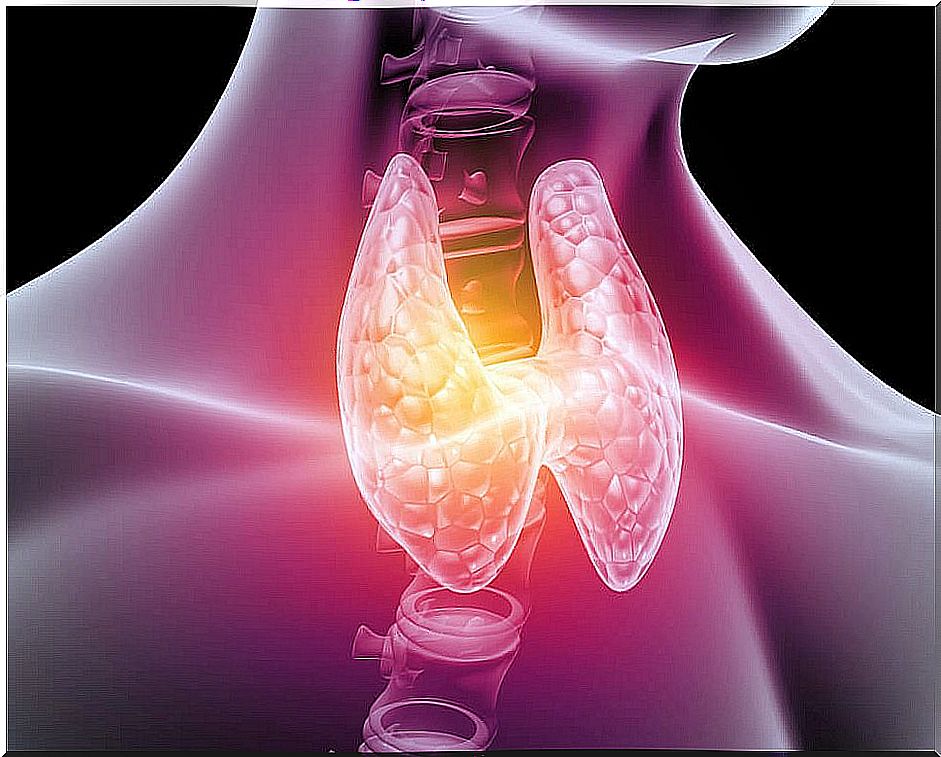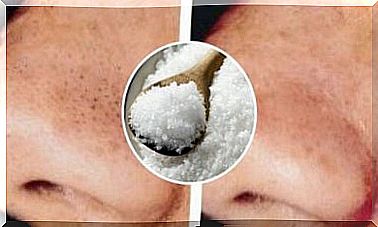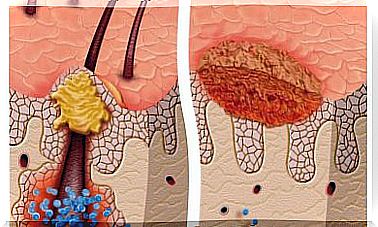7 Signs Of Thyroid Problems We Missed
There are several signs of thyroid problems that we overlook. Generally because we associate them with minor and transitory issues, such as a lack of body hydration.
Although you should not be alarmed if you notice them, it is important to observe and take them into account, whether they evolve over time or disappear.
Would you like to know what are the main signs of thyroid problems that we go through something? In that case, keep reading to discover them all in detail! Do not miss it!
What are thyroids?
The thyroid is a butterfly-shaped gland located in the neck, just above the collarbone. It is an endocrine gland that, simply put, produces hormones that help the body perform all kinds of functions.
Thyroid hormones are responsible for controlling the rhythm of many activities of the body, here they would include from the speed with which calories are burned to the heartbeat. All of them make up the body’s metabolism.

Some signs of thyroid problems that we miss
When the thyroid is not able to function properly, some symptoms may appear, although it all depends on the case.
Although it is true that in the first stages they do not usually appear, with the passage of time it is possible to intuit some signs of thyroid problems.
1. Tiredness and irritability
Tiredness is one of the signs of thyroid problems that we miss. We usually attribute it to everyday issues, such as lack of sleep, work, and sports. However, it can be due to issues such as hypothyroidism.
- If you suffer from hypothyroidism, you may feel very tired and have a loss of strength. Additionally, problems with sleep, anxiety and irritability often arise.
2. Changes in heart rate
Although they are hard to notice right off the bat, changes in heart rate are another sign of thyroid problems that we miss. To evaluate this, you must remember that normal beats are between 60 and 100 per minute.
People may notice that their heart rate is slower or that the heart rate is noticeably accelerated more easily than you might think. It will be enough if you observe yourself a little in this regard.
3. Weight changes

Sudden changes in weight are another of the most common signs of thyroid problems and yet one that we overlook.
It is one of the most common symptoms. If you notice that you are gaining or losing weight in short periods of time and inexplicably, go to the doctor, as it may be due to an imbalance of the thyroid hormone.
4. Dry skin and brittle nails
Dry skin and weak nails are two signs of thyroid problems that we often overlook because we associate them with other issues.
However, it must be remembered that dry and itchy skin are manifestations of a malfunction of the gland. It is also true that your nails become brittle and you get bulky streaks.
5. Poor regulation of body temperature
The thyroids also regulate body temperature. Complications in these glands can affect the body’s ability to regulate its temperature.
In this way, people can feel excessively cold or hot. Something that can be expressed through excessive sweating and rejection of heat.
6. Bumps on the neck
Lumps on the neck are another visible sign that can make you think you have a thyroid problem. If you notice that you have lumps on your neck, go to the specialist to check if you have any imbalance.
7. Muscle aches

Muscle aches are another symptom of hypothyroidism. In addition, they can also manifest themselves in the form of all kinds of pains in the body. These symptoms would be related to the swelling of the muscles or lumps that press on the nerves. If you observe them, see your doctor.
Do you suspect that you have thyroid problems?
If you think you have thyroid problems, it is best to go to the doctor for a checkup. Additionally, you could do a little experiment at home.
As you have seen, although the signs can give you some clues, they are not enough to reveal exactly what type of problem you have. Therefore, avoid doing a self-diagnosis and also self-medicate. You have to be very careful with your health!







